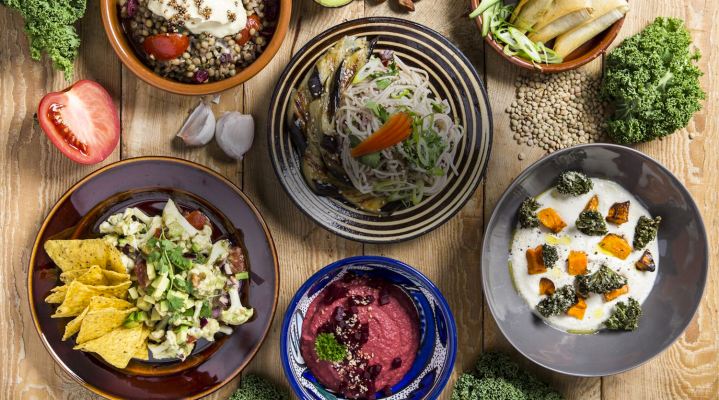Menu Next Door just raised $2 million (€1.75 million) from Index Ventures, Local Globe, Kima Ventures and TheFamily. The startup is all about home cooking, literally. On Menu Next Door, you can either cook for people around you or buy a menu from someone around you.
I’ve heard this pitch a dozen times. “What if we could build the Airbnb of food?” Every single time, these startups have failed. So when I first heard about Menu Next Door, I immediately thought that it couldn’t work.
But it looks like the startup is growing nicely. Maybe it wasn’t the right timing for all the other startups before Menu Next Door. Maybe people needed to become addicted to Airbnb, BlaBlaCar or Drivy. Maybe Menu Next Door is particularly good at building communities.
Menu Next Door is only available in two cities right now — Paris and Brussels. The company is launching in London right now. There are 900 cooks on the platform — 600 in Brussels and 300 in Paris. And there are 110,000 users in total. And you can expect to pay around €10 per person for a menu.
From what I saw, you have to order at least a day or two in advance on Menu Next Door. Then, you have to go and pick up your food in your cook’s kitchen. When I tried the service, I was pleasantly surprised by the experience. At first, it seemed a bit awkward going to someone’s home to pick up food. But when you realize that everybody signed up for this, things get easier. We all chatted with the cook for a few minutes and the food was good — it was nice to be able to try Venezuelan food.
Given that you have to plan in advance and you have to pick up your food, Menu Next Door isn’t a seamless experience. It’s something you can do twice a month, but you’re not going to order from Menu Next Door every day.
But there are three key advantages in Menu Next Door’s business model. First, the startup doesn’t buy or cook food itself — the community does it all. Second, the startup doesn’t have to manage a fleet of delivery persons. That’s how Menu Next Door can compete on pricing as its operating costs are quite small.
And third, like other marketplaces, Menu Next Door is going to get better as more cooks use the platform. Right now, there are only a few dozens different menus in Paris every weekend. But if the startup can become ten times bigger, you’ll literally be able to find a menu next door.
There are also a few challenges ahead for the company. It’s going to be important to see whether cooks get tired of cooking every week. The startup will need to optimize this retention rate as much as possible.
On the other side of the equation, there’s a novelty effect going on right now. Menu Next Door is something new, something different from Deliveroo, Frichti, Nestor and everything in between. This novelty effect can wear off and people might end up choosing convenience instead of Menu Next Door. But La ruche qui dit oui makes me think that there could be a community of Menu Next Door fans in many major cities around Europe.
